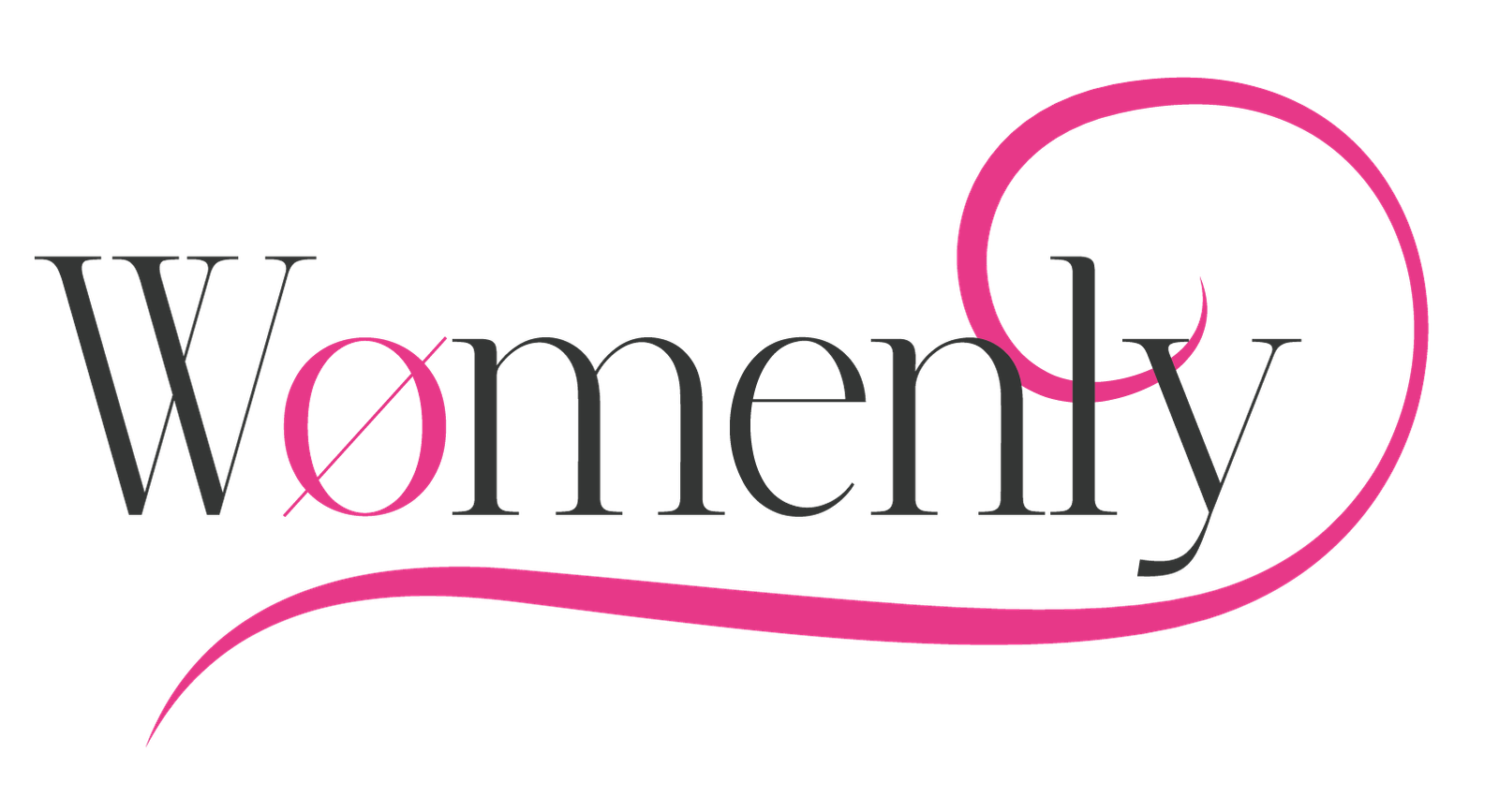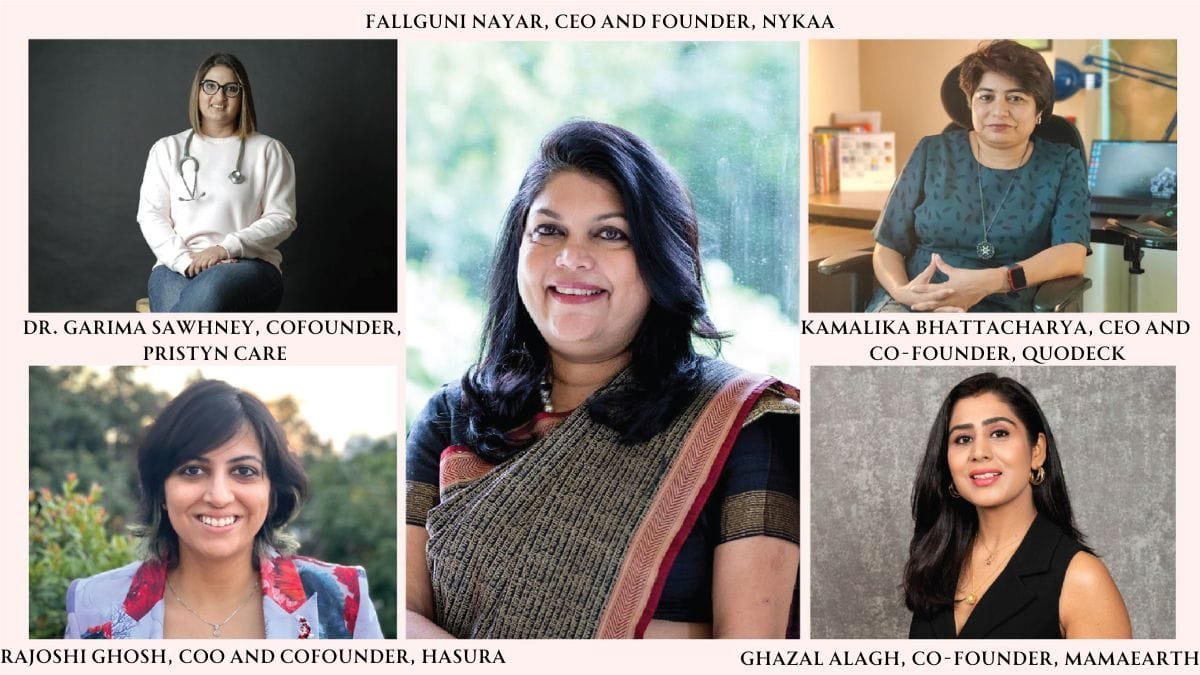Navigating Women’s Health Communication and Career Growth: Insights from a Seasoned Professional and New Mother

An Exclusive interview with Mrs. Chhavi Auplish Chopra, a seasoned expert in healthcare communications, renowned for her dedication to advancing clear and accurate health messaging.
What are some of the key areas of women’s health that you believe need more attention and awareness, based on your personal and professional experiences?
Several critical areas in women’s health in India need more attention:
- Menstrual Health: Up to 10% of Indian women suffer from endometriosis, but it remains largely undiagnosed due to stigma. A study in the Indian Journal of Obstetrics and Gynecology highlights the need for better education and awareness.
- Perimenopause and Menopause: Nearly 80% of Indian women experience menopausal symptoms, yet there is limited support and resources. Research by the National Institute for Research in Reproductive Health calls for enhanced public education and healthcare services.
- Mental Health: Postpartum depression affects about 15% of new mothers in India, but mental health issues often receive less focus. The Mental Health Foundation of India reports significant gaps in support due to social stigma.
- Chronic Conditions: PCOS affects up to 10% of Indian women, yet it is frequently misdiagnosed. Studies published in the Journal of Human Reproductive Sciences emphasize the need for greater awareness and research.
What are the unique challenges of communicating complex women’s health information to diverse audiences?
Challenges:
- Diverse Backgrounds: Tailoring messages to various cultural and socio-economic backgrounds can be complex, as seen with reproductive health topics across India’s diverse communities.
- Stigma and Sensitivity: Addressing stigma around mental and reproductive health requires sensitive communication strategies.
- Information Overload: Balancing detailed and accessible information is difficult, especially in a country with varying health literacy levels.
What are your thoughts on the role of patient empowerment and shared decision-making in women’s health communication?
Patient empowerment and shared decision-making are foundational to effective women’s health communication. Empowering patients with knowledge and involving them in decision-making processes ensures that care plans align with their values and preferences. Research supports that shared decision-making improves patient satisfaction and adherence to treatment. According to a study published in Health Affairs, patients who are actively involved in their healthcare decisions report better outcomes and enhanced well-being. This collaborative approach not only respects patient autonomy but also fosters a more engaged and proactive healthcare experience.
How do you address the potential for misinformation and bias within women’s health communication?
To tackle misinformation and bias, I implement several key strategies:
- Evidence-Based Information: I ensure that all communication is grounded in the latest scientific research and clinical guidelines, such as those from the World Health Organization and major medical journals.
- Transparency: Clear citation of sources and transparent explanations of recommendations build credibility and trust.
- Training and Awareness: Continuous education and training help me recognize and mitigate biases, ensuring that my communication remains objective and inclusive.
- Feedback Mechanisms: Gathering and acting on feedback from diverse audiences allows me to correct any misinformation and address potential biases effectively.
How has this experience shaped your understanding of women’s health issues and your approach to communicating about them?
Over the past decade in women’s health communications, I’ve come to appreciate that effective health messaging must address the complexities of both medical and personal factors. Research shows that women’s health issues are often multi-dimensional, involving physical, emotional, and psychological aspects. For instance, studies indicate that 1 in 7 women will experience postpartum depression, highlighting the need for compassionate, multifaceted communication strategies. My approach has evolved to emphasize empathy and cultural sensitivity, ensuring that information is not only accurate but also resonates with women’s diverse experiences and backgrounds. The goal is to offer clear, supportive guidance that acknowledges the intersectionality of women’s health issues such as reproductive health, mental health, and chronic conditions.
How has your perspective on work and life changed since welcoming your child?
Becoming a mother has deeply transformed my perspective on both work and life. I’ve developed a profound empathy for the struggles many women face in balancing career and family. This experience has underscored the importance of flexible work arrangements and supportive workplace policies. According to a study by the Pew Research Center, 56% of working mothers report that flexibility is crucial for their work-life balance. My own priorities have shifted towards finding a harmonious balance that allows me to be present for my child while also pursuing my professional aspirations.
How have you managed to find a balance between your professional and personal life?
Finding balance has been a deeply personal journey, one that has been made significantly easier thanks to the encouragement and support of my family. My husband, mother-in-law, and sister-in-law have been my pillars of strength. Their willingness to step in and care for our baby has allowed me to pursue my career with a clear mind and renewed focus. Their support isn’t just about logistical help; it’s emotional as well. Knowing that our child is surrounded by caring, loving family members while I’m at work gives me immense peace of mind. This support system has been a game-changer, enabling me to fully engage in my professional endeavors while also cherishing precious moments with my child. It’s a beautiful balance, made possible by their dedication and love, and it has profoundly enriched both my professional life.
When we discuss women’s health, empowerment, equality, and feminism, it often starts from within our own homes. I always say that behind every successful daughter-in-law is a mother-in-law who sees her as a daughter. I’ve been fortunate to have such a supportive mother, who has been a constant pillar of strength, ensuring I never falter. Her presence ensures that I never stumble, and her belief in me has been a source of immense strength and inspiration.
What advice would you give other working mothers who are trying to find a balance?
It’s entirely natural to experience a range of emotions when it comes to your child—every mother, including myself, feels a deep sense of possessiveness but to other all new mothers striving to find balance, my heartfelt advice is to cherish and lean on your support network. My journey has taught me the profound impact of having a dedicated team behind you, which is your family. Don’t be afraid to ask for help and be open about your needs. It’s not just about managing logistics but about allowing yourself the freedom to grow and thrive professionally while knowing your child is in loving hands. Remember that it’s okay to lean on those who care about you—it’s a strength, not a weakness. This support enables you to excel both at work and at home, and it makes the journey of motherhood and career growth all the more rewarding.
About the Author
Mrs. Chhavi Auplish Chopra is an esteemed healthcare communications expert with over a decade of experience in the field. Her work is distinguished by a deep passion for women health, where she has made significant strides in refining health messaging and addressing complex issues. Known for her meticulous attention to detail, she is dedicated to demystifying health information and combating the infodemic—a growing pandemic characterized by the spread of misinformation. Her career is driven by a mission to improve the clarity and effectiveness of health communications. Chhavi’s expertise encompasses not only the creation of accurate and engaging content but also the strategic dissemination of information to ensure it reaches diverse audiences. She is committed to breaking down barriers to understanding and fostering informed decision-making in women’s health. Through her efforts, she aims to empower individuals with the knowledge they need to make informed health choices, ultimately contributing to better health outcomes and a more informed public.
<p>The post Navigating Women’s Health Communication and Career Growth: Insights from a Seasoned Professional and New Mother first appeared on Hello Entrepreneurs.</p>





